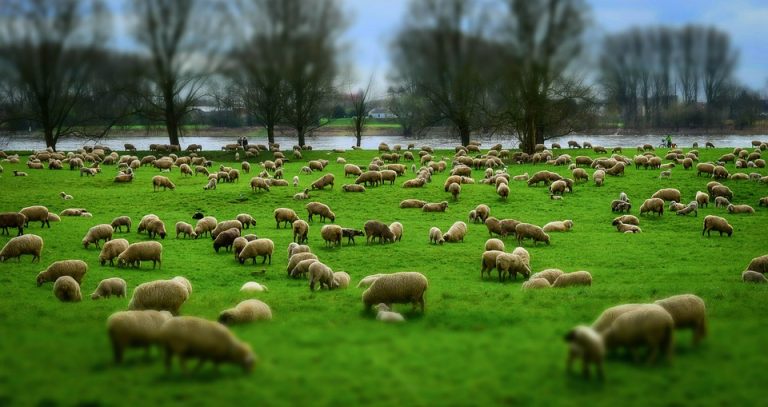If you’re a cat owner and plant enthusiast, you may have come across the charming and popular houseplant known as the Wandering Jew. With its vibrant purple and green leaves, it can make a lovely addition to any home. However, what many pet owners may not be aware of is the potential danger this plant poses to their feline friends.
The Wandering Jew plant, also known as Tradescantia zebrina, contains toxins that can be harmful to cats if ingested. These toxins can cause a range of symptoms, including drooling, vomiting, diarrhea, lethargy, and even kidney failure in severe cases. Ingesting even a small amount of the plant can be harmful to cats, so it’s crucial to keep your furry friends away from it.
Cats are known for their curious nature and love to explore their surroundings, including plants. They may be attracted to the Wandering Jew plant due to its dangling vines and colorful leaves, making it important for pet owners to be cautious and vigilant. Preventing access to the plant is key to ensuring your cat’s safety.
If you suspect that your cat has ingested any part of the Wandering Jew plant, it’s important to seek veterinary attention immediately. Your veterinarian may recommend inducing vomiting or providing supportive care, depending on the severity of your cat’s symptoms.
In addition to the Wandering Jew plant, there are several other common houseplants that are toxic to cats, including lilies, aloe vera, and philodendrons. It’s essential for cat owners to research and identify any potentially harmful plants in their home and take steps to keep them out of reach of their pets.
To create a cat-friendly environment, consider using cat-safe plants like catnip, cat grass, or spider plants instead. These plants are non-toxic to cats and can provide enrichment and stimulation for your feline friends.
In conclusion, while the Wandering Jew plant may be aesthetically pleasing, it poses a significant danger to your feline friends. To ensure your cat’s safety, it’s essential to keep toxic plants out of reach and provide safe alternatives for them to enjoy. By being informed and proactive, you can create a safe and happy home for both your plants and your pets.

